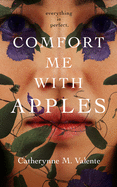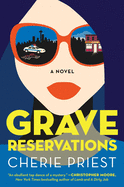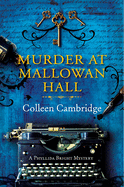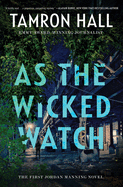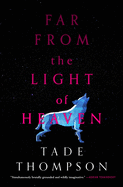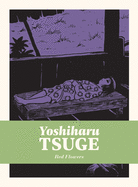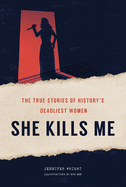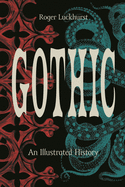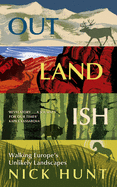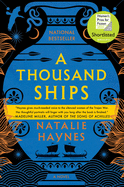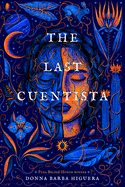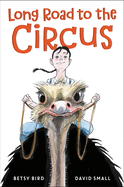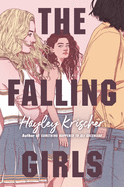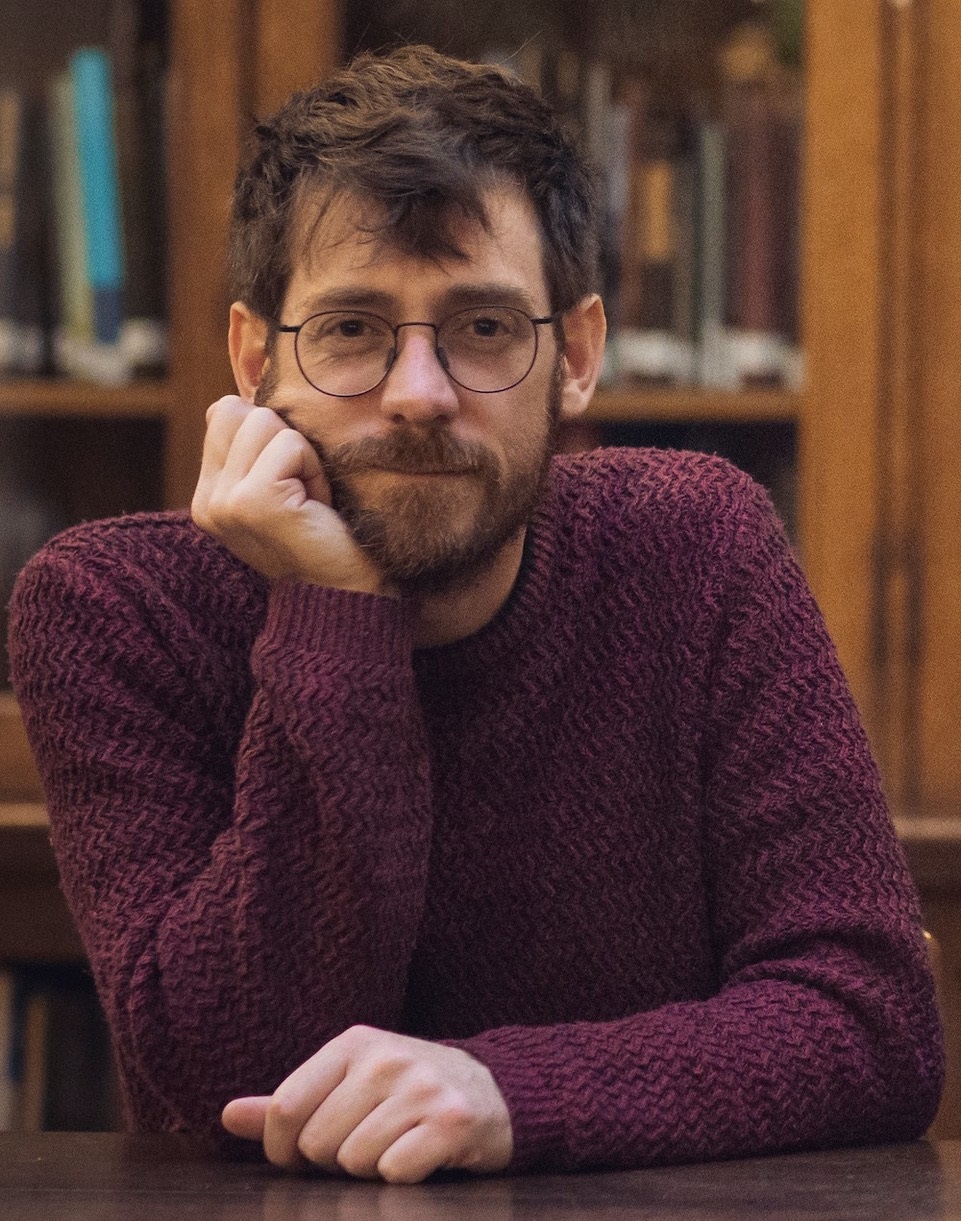 Adam Zmith is the author of Deep Sniff: A History of Poppers and Queer Futures (Repeater, September 14, 2021). He is also a co-producer of The Log Books, a podcast about LGBTQ+ history in Britain. His short fiction has been published online and in print, and a recent short story was specially commended by the Wasafiri New Writing Prize. Zmith is the literature programmer for London's Fringe! Queer Film & Arts Fest and is always working on a novel.
Adam Zmith is the author of Deep Sniff: A History of Poppers and Queer Futures (Repeater, September 14, 2021). He is also a co-producer of The Log Books, a podcast about LGBTQ+ history in Britain. His short fiction has been published online and in print, and a recent short story was specially commended by the Wasafiri New Writing Prize. Zmith is the literature programmer for London's Fringe! Queer Film & Arts Fest and is always working on a novel.
On your nightstand now:
I'm reading Delayed Rays of a Star by Amanda Lee Koe to help with a podcast I'm developing with a collaborator. It's a sprawling story about real people including Marlene Dietrich--but with plenty of adventurous fictionalising. I'm into it right now because the author has spun the whole novel out of a chance meeting of Marlene, Leni Riefenstahl and Anna May Wong, who were all hugely significant figures in the 20th century. The podcast has an element of imagining what might have happened if certain real people had met.
Favorite book when you were a child:
I really, really loved Roll of Thunder, Hear My Cry by Mildred D. Taylor, and its sequel, Let the Circle Be Unbroken. The kids in those books had such different lives to mine, but I didn't even think about that; I was just a part of their world and I experienced injustices with them. So I think they were among my favourite books by taking me to a different place and time, and evoking empathy across these divides.
Your top five authors:
Garth Greenwell--amazing stylist and voyager into human intimacy.
John le Carré--plot and analysis of British class bullshit at the same time.
Maggie Nelson, for pushing at the boundaries of genre and style, and how we think of our bodies.
James Baldwin--fiction and polemic and analysis and brainpower and humanity.
And Adam Curtis, who is a filmmaker not an author, but he heavily scripts his films and narrates them himself, and the clarity of his voice inspired me a lot when I was writing Deep Sniff.
Book you've faked reading:
I used to work in a bookshop, and we did a midnight opening for a new Harry Potter book (I think it was number five?). The shoppers were so excited, they lined up outside, they wore costumes, and we made a party atmosphere in the shop for them. It was a great night! But I remember having a few conversations with shoppers who assumed that I was also a big fan of Harry and was just as desperate as they were for the new instalment. I didn't admit that I was a muggle who hadn't read the books. I just kept the conversation flowing to see if they also wanted to buy a set of Harry Potter trading cards or a Harry Potter notepad.
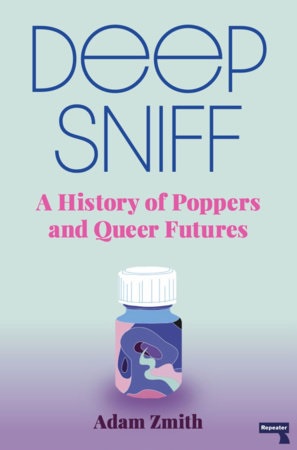 Book you're an evangelist for:
Book you're an evangelist for:
At least two friends of mine have read Diary of a Film by Niven Govinden after hearing me talk about how much I loved it. Reading that short novel was such a gorgeous and freeing experience, like walking around an old Italian city, pausing for coffee, thinking about life, which is basically what happens in the story.
Book you've bought for the cover:
I think the covers of the Culture series books by Iain M. Banks are the reasons why I got into those books. They're enormous, epic, mysterious space-based adventures, and the covers from the U.K. publisher Orbit are just cosmic.
Book you hid from your parents:
My parents let me read anything, which meant that books were my safe space for exploring subversive ideas and my body. I didn't realise until recently how important this was for me, as a queer, polyamorous anti-capitalist! So I distinctly remember wanting to make sure that my parents didn't know I was reading The Miracle Strain by Michael Cordy, when I was about 14. It's a science thriller about genetics and the second coming of Jesus Christ--and it featured the first representation of a blowjob that I'd ever encountered.
Book that changed your life:
The Shipping News by Annie Proulx was the first book I read where I think I really understood how much work had gone into writing it. Annie had researched her location and the culture where she set her novel (Newfoundland), and above that she had developed a distinctive style that belonged to her characters, her setting, but also to herself as an author. I read it at least three times while studying it aged 17-18, and it set a bar for me, as I set out to be a writer.
Favorite line from a book:
"You can be merry with the king, you can share a joke with him. But as Thomas More used to say, it's like sporting with a tamed lion. You tousle its mane and pull its ears, but all the time you're thinking, those claws, those claws, those claws." --from Wolf Hall by Hilary Mantel
Five books you'll never part with:
Jurassic Park and The Lost World by Michael Crichton are stuck in my brain from when I read them about 23 years ago, as a teenager. They're precious to me.
The Trouble with Normal by Michael Warner, which managed to express many of the political views that I had long lived with and been unable, or too scared, to name.
What Belongs to You by Garth Greenwell, because it has such exquisite style.
The Left Hand of Darkness by Ursula K. Le Guin, for being the finest example of a science-fiction novel that can reshape your brain.
Book you most want to read again for the first time:
A Little Life by Hanya Yanagihara, which I was completely obsessed with. It helped me to experience so many emotions intensely. I wonder if I'd have the same experience if I re-read it? I remember crying everywhere while I was reading it--on my friend's couch, a plane, a New York subway train.
Best new book this year:
Assembly by Natasha Brown, which is a short, piercing novel that skewers British ways of thinking about race and class. It's a gorgeous, intimate exploration of one character's thoughts as she approaches a big decision and goes to meet her boyfriend's parents. It came out this summer and I just know that it's going to last for a long time. It's hot, but it's more than just a moment.
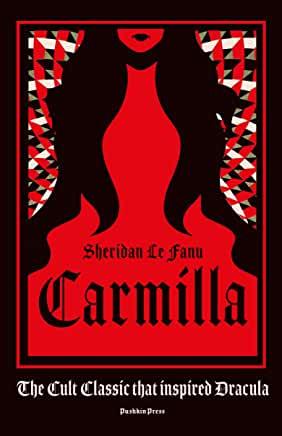 Carmilla by Sheridan LeFanu (Pushkin Press, $18.95) is one of the earliest vampire novels. Originally serialized in 1871, more than two decades before Bram Stoker's more ubiquitous Dracula, LeFanu's novel not only creeps through classic folkloric fragments of vampire legends, but also weaves in themes of Victorian lesbianism and questions the passivity of women in literature of the time.
Carmilla by Sheridan LeFanu (Pushkin Press, $18.95) is one of the earliest vampire novels. Originally serialized in 1871, more than two decades before Bram Stoker's more ubiquitous Dracula, LeFanu's novel not only creeps through classic folkloric fragments of vampire legends, but also weaves in themes of Victorian lesbianism and questions the passivity of women in literature of the time.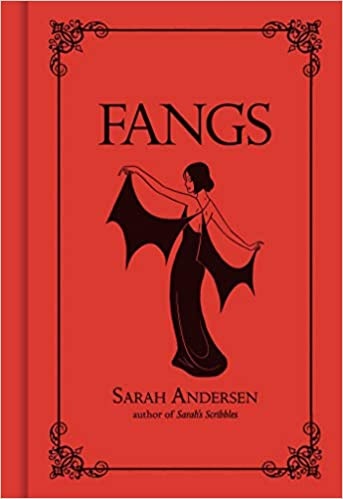 If you dislike being frightened even more than I, fear not; Fangs by Sarah Anderson (Andrews McMeel, $14.99) is the vampire book for you. Anderson's heroine is your average 300-year-old immortal negotiating the 20-somethings dating game. This collection of comic shorts depicts the early days of our vampire's romance with a vaguely lumbersexual werewolf. While he resists chasing squirrels and eating garlic, she learns to avoid wearing silver jewelry or biting too hard when necking with her beau. This little romance is heartwarmingly funny and won't trigger nightmares. --Kristianne Huntsberger, partnership program manager, Shelf Awareness
If you dislike being frightened even more than I, fear not; Fangs by Sarah Anderson (Andrews McMeel, $14.99) is the vampire book for you. Anderson's heroine is your average 300-year-old immortal negotiating the 20-somethings dating game. This collection of comic shorts depicts the early days of our vampire's romance with a vaguely lumbersexual werewolf. While he resists chasing squirrels and eating garlic, she learns to avoid wearing silver jewelry or biting too hard when necking with her beau. This little romance is heartwarmingly funny and won't trigger nightmares. --Kristianne Huntsberger, partnership program manager, Shelf Awareness



 Book you're an evangelist for:
Book you're an evangelist for: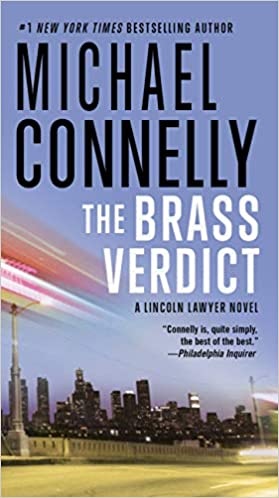 The Lincoln Lawyer by Michael Connelly (2005) introduced readers to Mickey Haller, a Los Angeles attorney who meets clients in the back of his chauffeured Lincoln Town Car. He has since appeared in seven novels, several times alongside his half-brother, LAPD Detective Hieronymus "Harry" Bosch, who leads another Connelly crime series (and an Amazon Prime show). In 2011, Matthew McConaughey starred in a film adaptation of The Lincoln Lawyer, directed by Brad Furman, alongside Marisa Tomei, Josh Lucas, William H. Macy, and Bryan Cranston.
The Lincoln Lawyer by Michael Connelly (2005) introduced readers to Mickey Haller, a Los Angeles attorney who meets clients in the back of his chauffeured Lincoln Town Car. He has since appeared in seven novels, several times alongside his half-brother, LAPD Detective Hieronymus "Harry" Bosch, who leads another Connelly crime series (and an Amazon Prime show). In 2011, Matthew McConaughey starred in a film adaptation of The Lincoln Lawyer, directed by Brad Furman, alongside Marisa Tomei, Josh Lucas, William H. Macy, and Bryan Cranston.